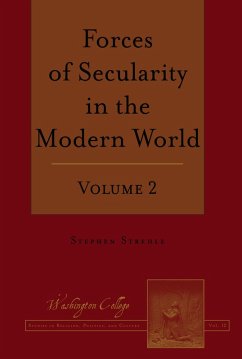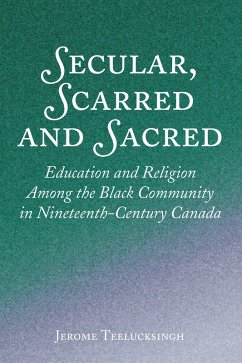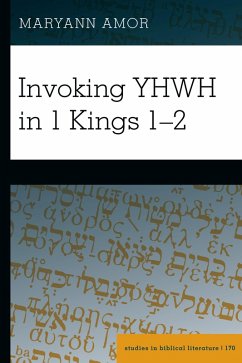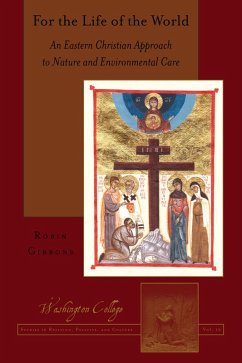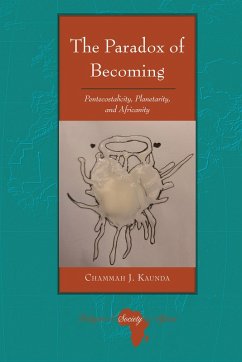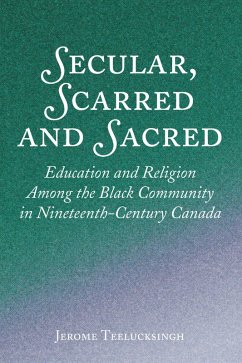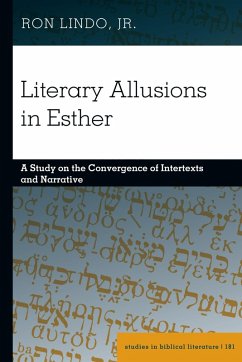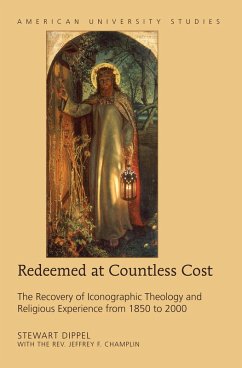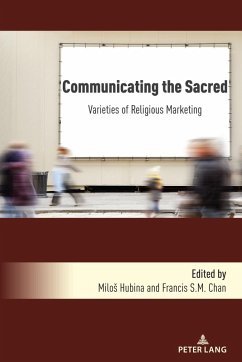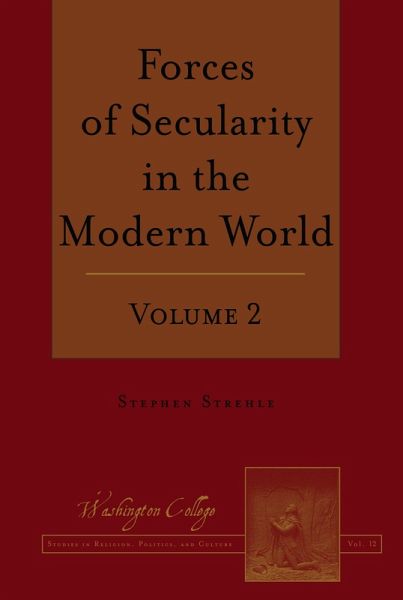
Forces of Secularity in the Modern World (eBook, ePUB)
Volume 2
Versandkostenfrei!
Sofort per Download lieferbar
Statt: 121,80 €**
93,95 €
inkl. MwSt.
**Preis der gedruckten Ausgabe (Gebundenes Buch)
Alle Infos zum eBook verschenkenWeitere Ausgaben:

PAYBACK Punkte
47 °P sammeln!
Stephen Strehle continues his detailed analysis of the secular forces that shape the modern world in this second and final volume to the study, offering a fresh perspective and solid philosophical, theological, and historical conclusions from his years of research. He continues to find forces of secularity embodied in social or political institutions, cultural dispositions or interests, and new or disturbing intellectual realities that challenge former religious perspectives. The present work starts out examining two powerful institutions of culture, the American university and Hollywood, and ...
Stephen Strehle continues his detailed analysis of the secular forces that shape the modern world in this second and final volume to the study, offering a fresh perspective and solid philosophical, theological, and historical conclusions from his years of research. He continues to find forces of secularity embodied in social or political institutions, cultural dispositions or interests, and new or disturbing intellectual realities that challenge former religious perspectives. The present work starts out examining two powerful institutions of culture, the American university and Hollywood, and explains their place in promoting the secular mentality. The study then shows the secular mentality permeating society as the culture starts to accent the materialistic concerns of technology and divorce religion from the practical and social concerns of everyday life. The study completes the analysis with a discussion of intellectual problems that confront the old-time religion or even the very possibility of faith in the modern world, particularly pointing to the rise of biblical criticism and the rejection of all God-talk among critical philosophers. Like the first volume, the present work is accessible to most upper-level and graduate students in a wide-variety of disciplines, keeping technical and foreign words to a minimum and leaving scholarly details or debates to its extensive notes.
Dieser Download kann aus rechtlichen Gründen nur mit Rechnungsadresse in A, D ausgeliefert werden.




